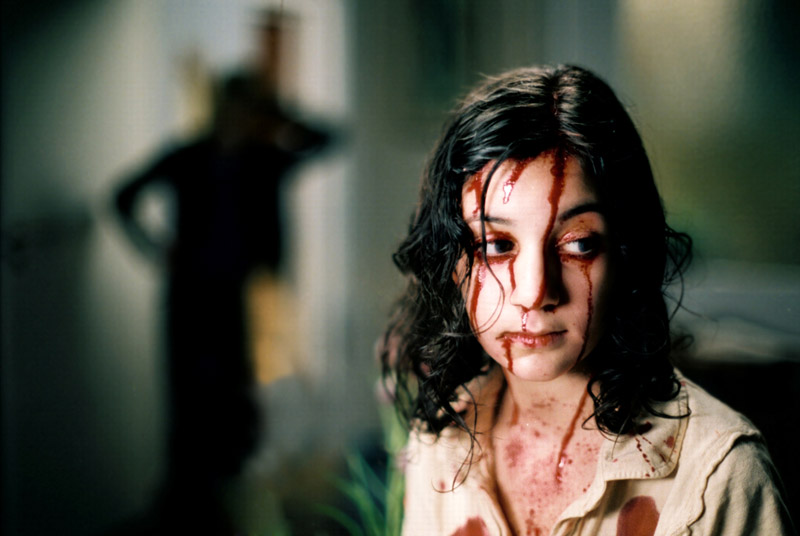
For moviegoers, the past 17 years have been rather generous in terms of blood thirsty monsters. If, by the end of the ‘60s and ‘70s, the standard Hollywood vampire had become almost human and most definitely sexualized, the ‘80s and ‘90s veered the current by adding an extra dose of “coolness” and some savagery to the mix.
However, starting from 2001, the vampire trope and its meanings reached a whole new level. If, traditionally, vampires fed on the essence of others to sustain their own, a few new breeds have now taken the spotlight. Some posses a host of powers that turn them from cursed scavengers into apex predators, while others seem almost ashamed of their condition and can be easily labeled as outcasts.
Since there were so many big titles and even series fighting for a place on this list, we’ve taken the liberty of cutting some of them out. Thus, even though some movies did their best to entertain their viewership, they didn’t do the same for the vampire mythos.
While films such as Dracula Untold, Abraham Lincoln: Vampire Killer, or Priest are sometimes considered “underrated”, the fact is that they have interesting (or at least fun) premises, but mundane antagonists. Even more disputed titles such as Blade II do nothing for the genre, with or without their “Reaper” vampires. Titles such as the Twilight Saga, Vampire Academy, or Cirque du Freak simply use “monsters” as shallow metaphors for adolescence.
So, in order to make the cut, a movie had to appear after the year 2000 (the 21st century, remember?) and do something that challenges the genre’s clichés. Since we’re pretty sure we missed quite a few titles, we won’t actually make a top, but a “beast of” list. It’s never too late to make a bad pun…
10. The Stranger (2014)
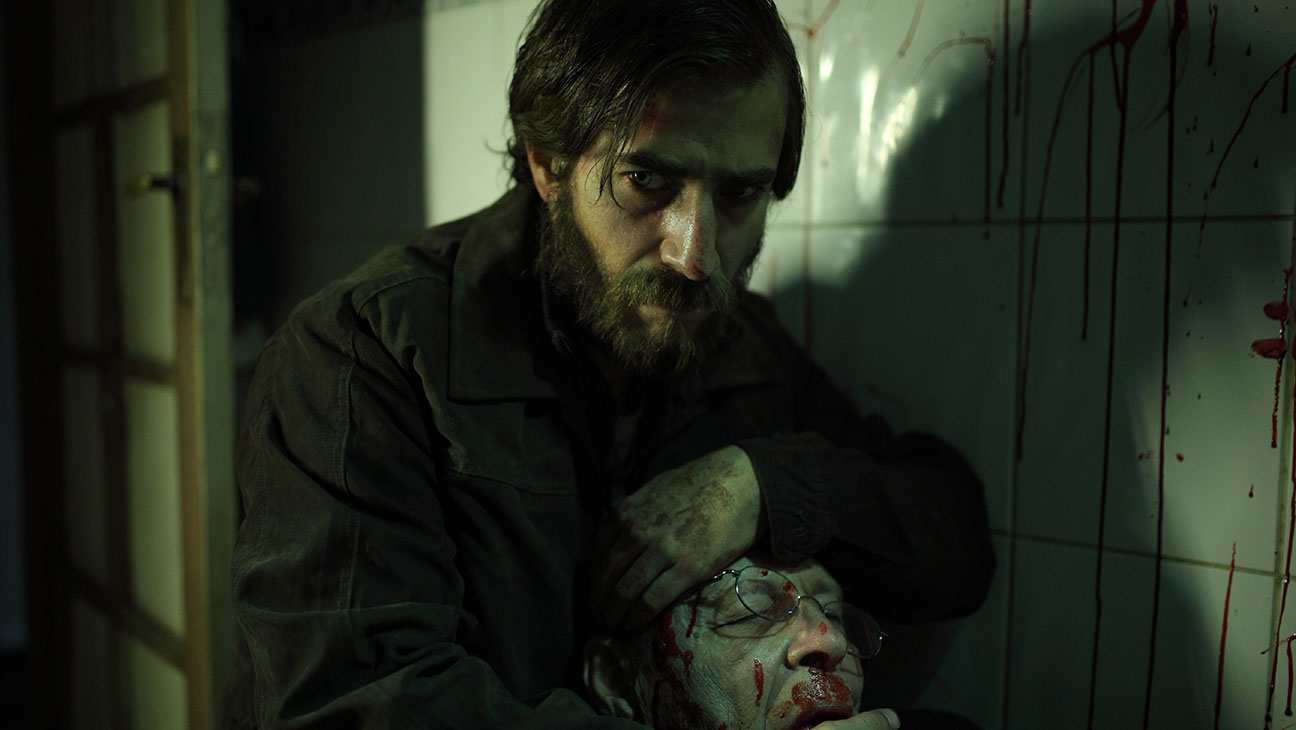
The Stranger is less a movie about vampires, as it is a drama about abuse, bullying and the need for a purpose. Its main character, a quaint and sullen wanderer, is different from the classical Gothic vampire. While similar creatures may come into small towns in order to feed or take revenge, Martin, our protagonist, has come to make amends.
Furthermore, The Stranger is one of the few films where the vampires are the actual victims. Outcast, feared and attacked on sight, the “infected” only serve to underline the savage nature of the human beast.
9. Daybreakers (2009)
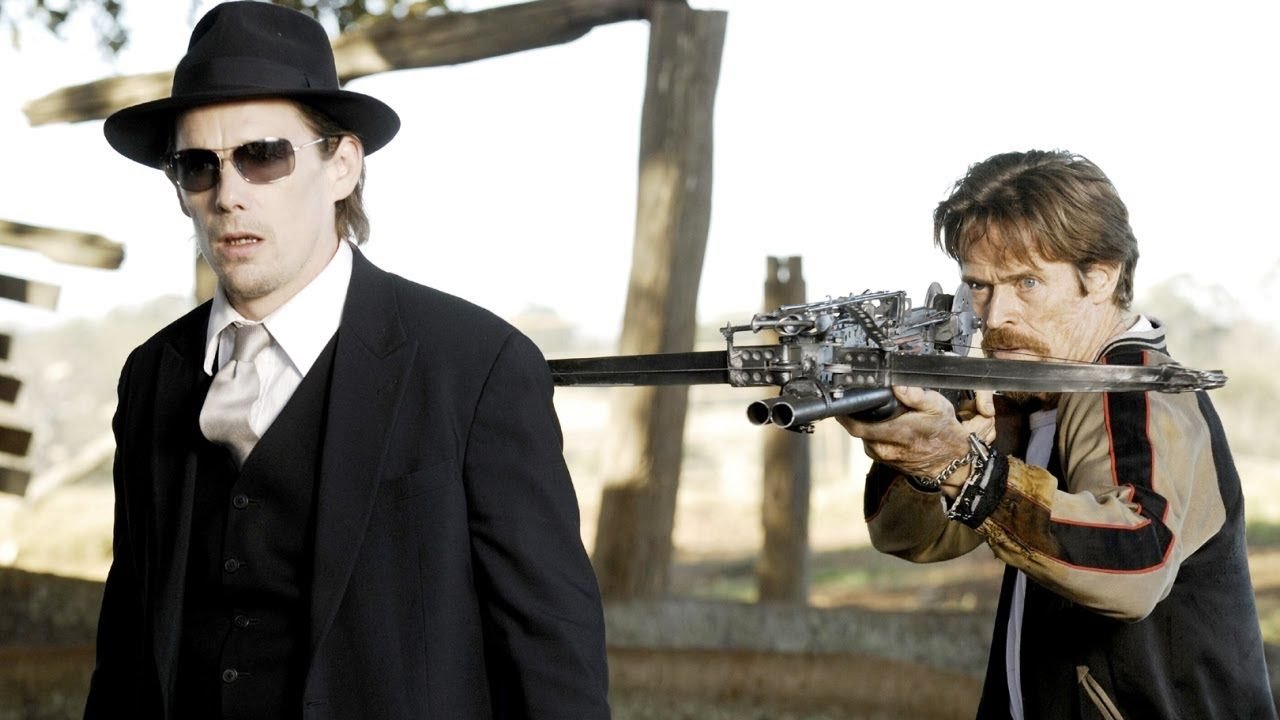
While Ultraviolet and other films tried similar approaches, it wasn’t until Daybreakers that a movie truly brought the idea of a vampiric society to the table. With great performances from the likes of Ethan Hawke, Willem Defoe and Sam Neill, Daybreakers finds the time to dissect the “powers” people usually ascribe to vampires and see why we are so attracted to Nosferatu’s magic.
In a nearby future, a vampiric virus takes the world by storm, creating a majority of immortal, but blood hungry and light sensitive creatures. When a blood supply crisis hits this new population, a couple of interesting questions start surfacing. In the end, only one of them sticks to the viewer: is humanity really worth sacrificing for an eternal life of longing and damnation?
8. Stake Land (2010)
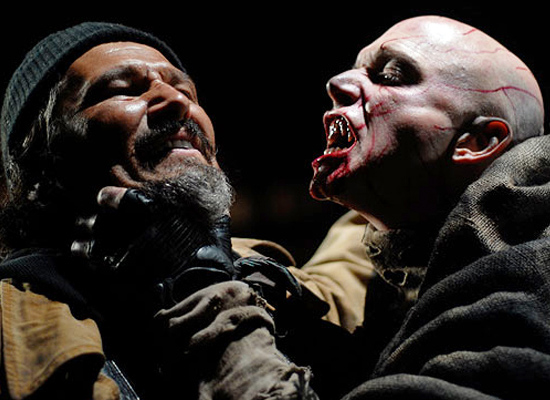
A combination between a post-Apocalyptic movie and a western story, Stake Land goes for a pale, almost reserved tone, in contrast with similar epics. The movie tells the story of Martin and his mysterious protector, befittingly named Mister. The two travel through the new American wasteland, battling monsters who seem much closer to demons, than to actual vampires.
What makes this movie worth watching is a combination of human desperation and rudimentary social politics, all reflected by the movie’s interesting selection of characters. A special mention goes to the religious group The Brotherhood and their leader, Jebediah, played by Michael Cerveris, a Broadway actor. In Stake Land, each protagonist seems to have his own drama and motivation, but none claim they want to save the world. The vampires? They have long won the battle.
7. 30 Days of Night (2007)
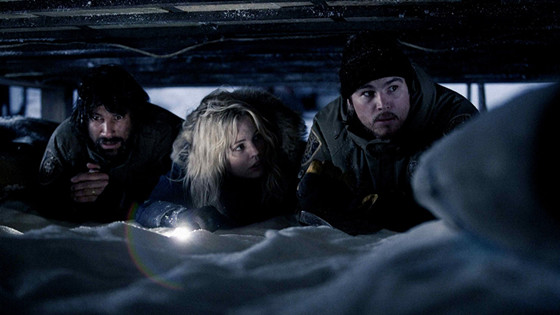
Based on a comic book and strangely reminiscent of a Stephen King novel, 30 Days of Night offers something vampire movies seem to have forgotten about: savagery. The creatures in this movie are neither tormented by love, nor do they have a higher purpose. They just want to feed, knowing they are apex predators in a bloodthirsty world.
Revolving around a small Alaskan town where the sun sets for days in a row, David Slade’s movie is a classic isolation horror film. 30 Days of Night pits a vulnerable, but resourceful, human group, against a superior gang of vampires. And, except for the final moments of the movie, the vampires never take the time to explain their actions, promise revenge, or break character. The vampires and everything that comes in contact with them elicit a single feeling: fear.
6. Byzantium (2012)
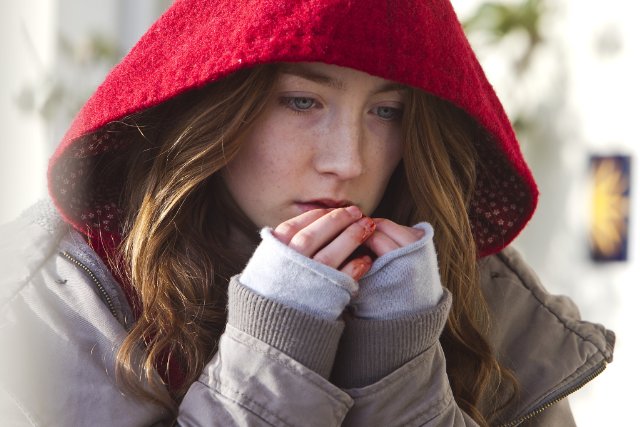
Not only does this Irish fantasy thriller bring forward a strong female lead, Byzantium actually manages to create a credible and dramatic vampire mythos. The film follows a mother, forced into vampirism by her own choices, and her daughter, turned into a monster for her salvation, as they try to survive between two worlds.
For Gemma Arterton’s and Saoirse Ronan’s characters, our world, ruled by fear and rejection, is a better alternative compared to the strict and male dominated vampire society. While many have named Neil Jordan’s movie a “feminist vampire film”, Byzantium does come up with a rather obvious question. Although female vampires aren’t a rarity, why is the vampire world still dominated by narcissistic white men?